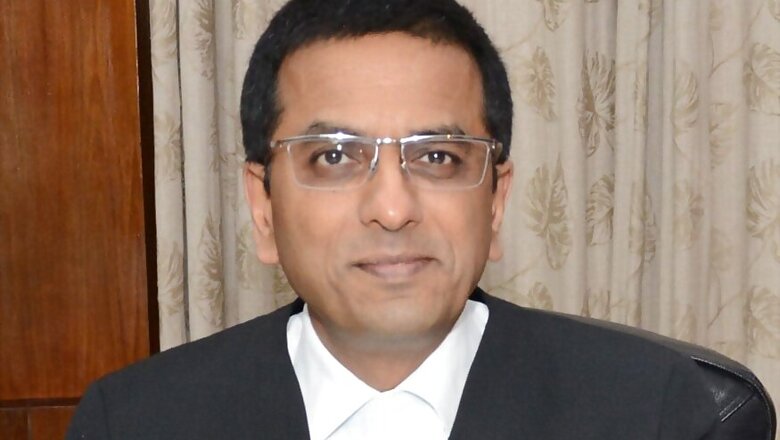
views
New Delhi: The Supreme Court on Thursday ruled Right to Privacy as a fundamental right. The judgment of 547 pages set stage for many other cases to be debated upon by smaller benches.
Interestingly, one of the judges on the nine-judge bench, Justice DY Chandrachud, overruled a judgment which was passed by his father Justice YV Chandrachud in the famous ADM Jabalpur v/s Shivakant Shukla case of 1975.
In the case, Justice YV Chandrachud had said that the right to personal liberty has no hallmark and “therefore when the right is put in action it is impossible to identify whether the right is one given by the Constitution or is one which existed in the pre-Constitution era.”
Overruling his father, on Thursday, Justice DY Chandrachud said that judgments rendered by all four judges in the majority verdict in ADM Jabalpur case were ‘seriously flawed.’
“Life and personal liberty are inalienable to human existence. These rights are, as recognized in Kesavananda Bharati, primordial rights. They constitute rights under natural law. The human element in the life of the individual is integrally founded on the sanctity of life,” Justice DY Chandrachud said, as he wrote the historic judgment on Right to Privacy.
He added that dignity was, in fact, associated with liberty and freedom and that no civilized state can contemplate an encroachment upon life and personal liberty without the authority of law.
“The power of the Court to issue a Writ of Habeas Corpus is a precious and undeniable feature of the rule of law,” he said. It is rare instance in the history of Indian judiciary where a son has overruled his father’s judgment.
What is the ADM Jabalpur case?
During the case, the Supreme Court had debated on whether an order issued by the President under Article 395 (1) of the Constitution suspends the right of people to move any court for enforcement of right to liberty which falls under Article 21, when detained under a law that provides for preventive detention.
It all began when Justice Sinha of the Allahabad HC convicted then PM Indira Gandhi of having indulged in corrupt practices and declared her election invalid. Soon, facing increasing opposition pressure, she requested the President Fakhruddin Ali Ahmed to declare a state of emergency, which he obediently did.
What soon followed were a string of detentions, many without trials or charges, including those of Moraji Desai, Atal Bihari Vajpayee, Jayprakash Narayan, LK Advani, etc.











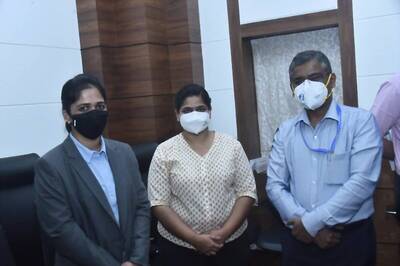


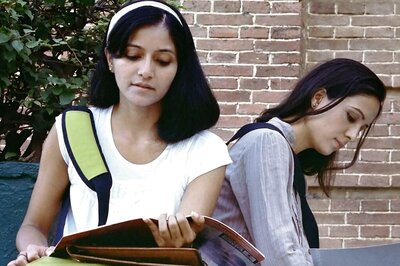
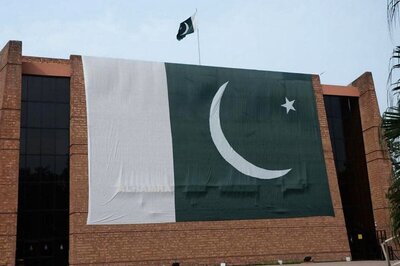



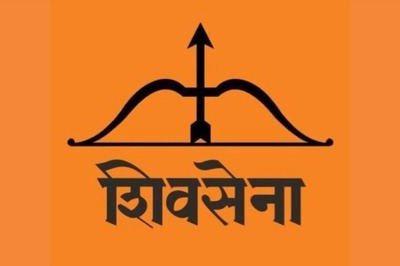
Comments
0 comment